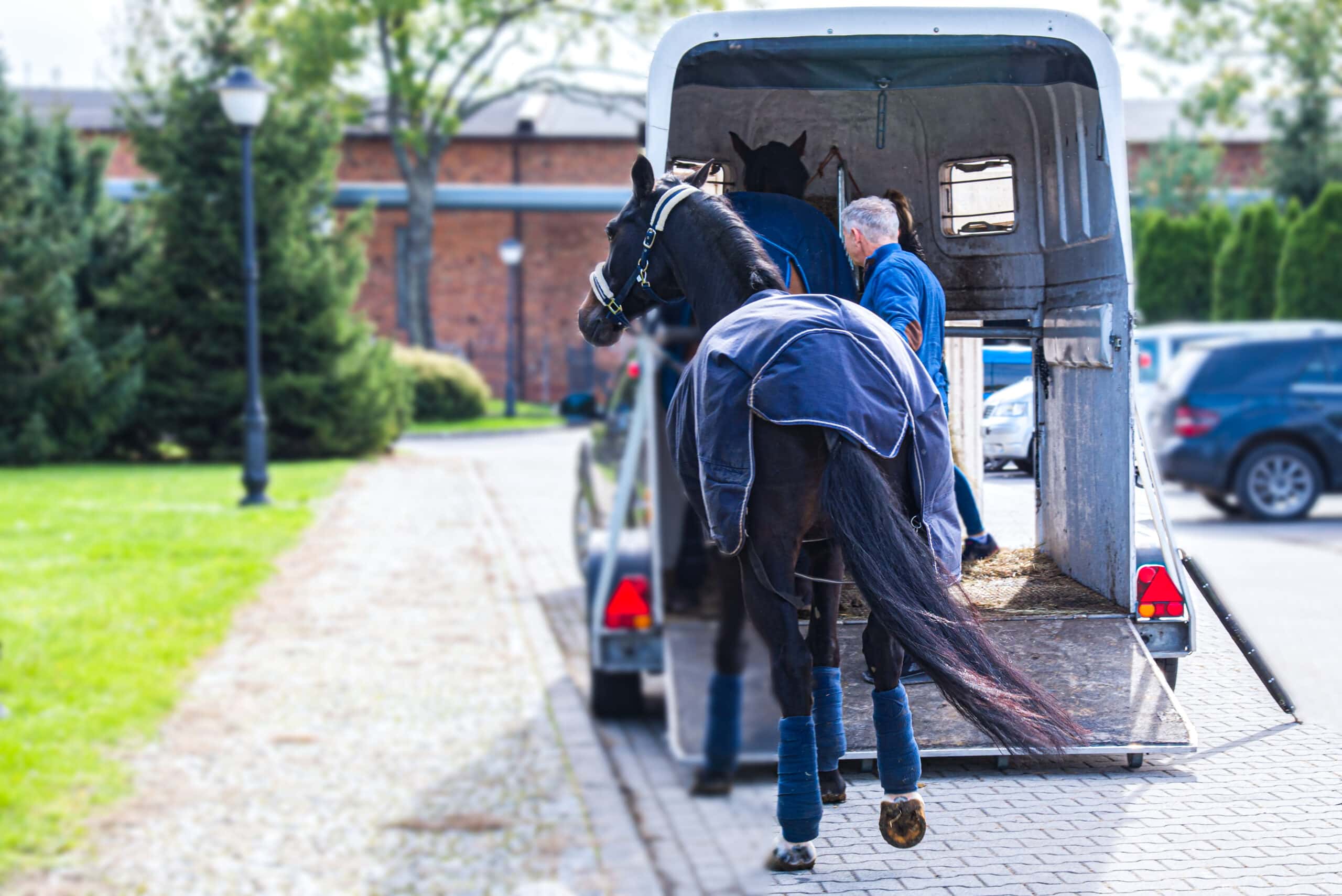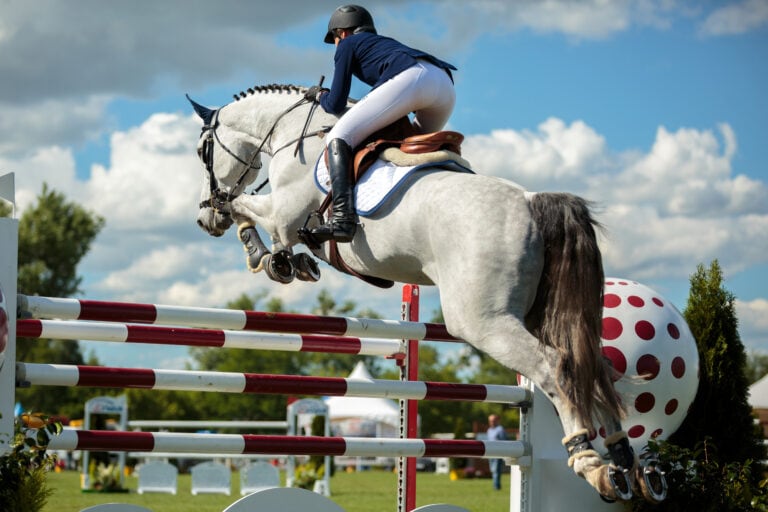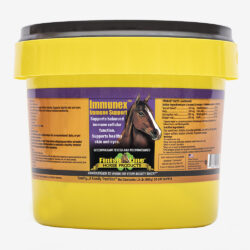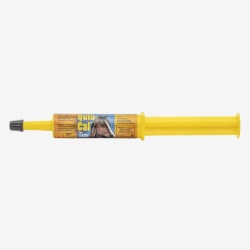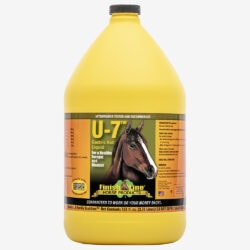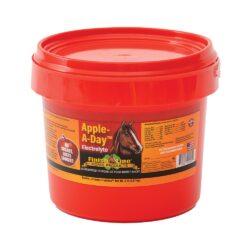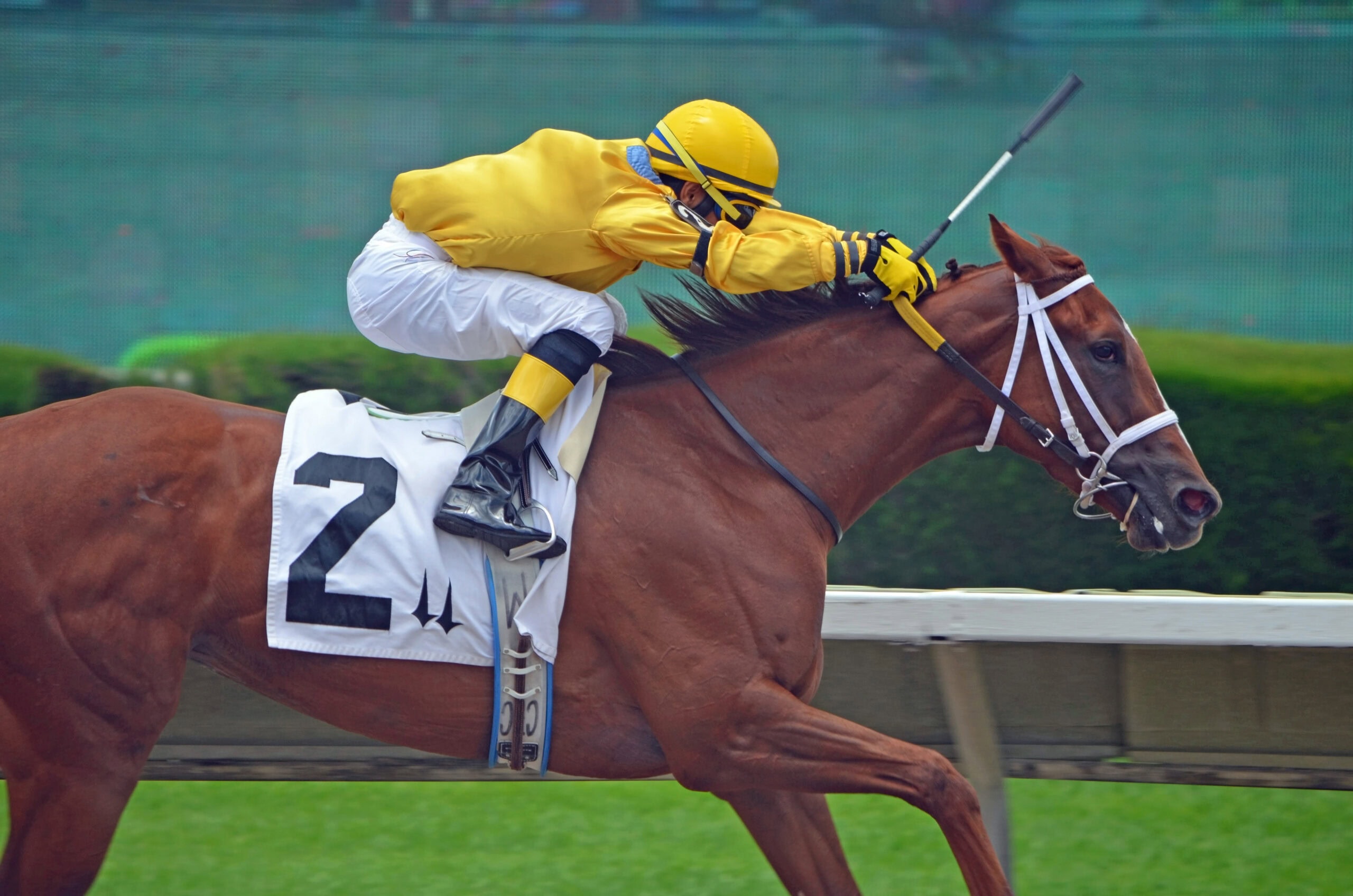You just unloaded your horse from a long trailer ride before putting him in a show stall next to new horses from all over the country. Your horse has days of new stressful situations, temperature changes, schooling, and competing ahead of him.
You came prepared though, of course. You packed your calming supplement to keep him level-headed, poultice and liniments for after you ride, a joint supplement, and every other horse health product you could think of.
But one thing that’s commonly forgotten about in the hustle and bustle of horse show prep is that your horse’s immune system is easily compromised in these situations. Things like extreme temperatures, stress (emotional and physical), shipping, dust, and horse shows can negatively impact your horse’s immunity.
The Equine Immune System: How it Works
Your horse’s immune system’s main function is to fight infections and reject, or isolate and eliminate foreign substances that come its way.
A horse’s immune system will distinguish between substances that are either “self” or “not-self” so it can protect itself from attacks by said foreign invaders. Your horse’s first response to eliminate foreign substances, or pathogens, and keep them from multiplying is via the innate immune response. Inflammation, and heat without pain, are some common signs of this immune system response.
The slower, and second line of immunity defense, is known as the adaptive immune response. This is the immune response that is triggered when the innate immunity fails. Adaptive immunity will remember pathogens, such as viruses or bacteria, and will counter-attack these pathogens when a horse is re-infected. Antibodies and lymphocytes come into play with this type of immunity as well.





